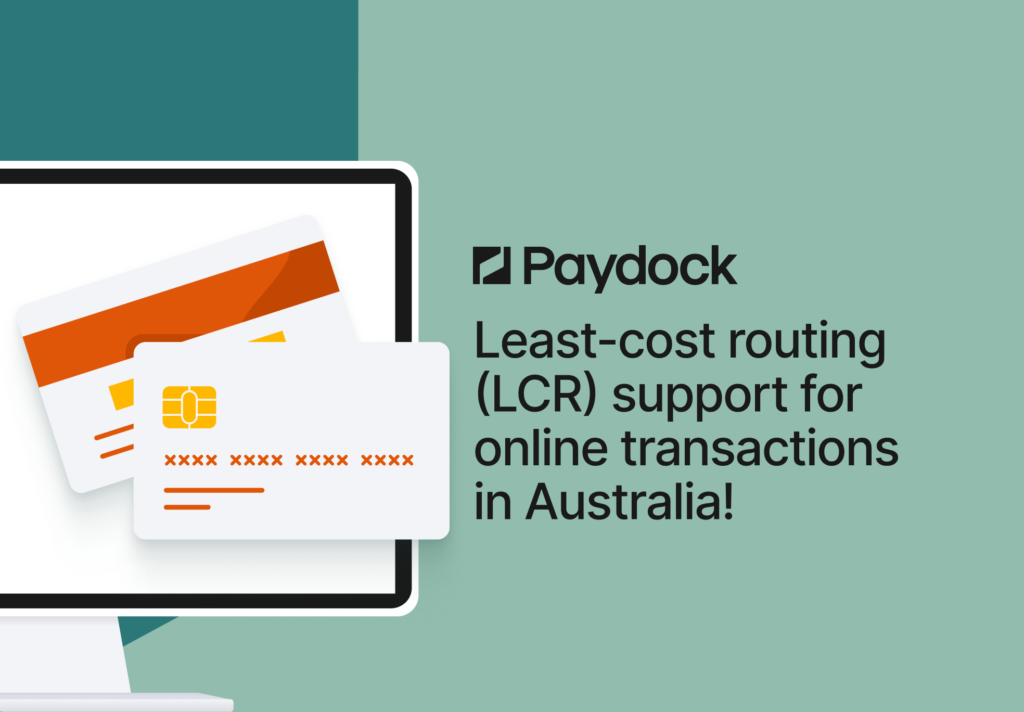In 2025, relying on a single vendor is no longer a sustainable approach for businesses that want to scale, reduce costs or stay competitive. The payments landscape has become increasingly fragmented and fast-moving. New payment methods, regulatory demands and consumer preferences have changed the way businesses must think about their payment infrastructure.
A single-provider model cannot keep up. It risks lost revenue, poor customer experience, and lack of agility in responding to market changes. Businesses need a flexible, future-ready solution. That solution is payment orchestration.
You Could Be Losing 3–4 Percent of Profit
As new digital payment methods like buy-now-pay-later (BNPL), wallets and real-time payments become mainstream, relying on one provider can be financially damaging. Research cited by Paydock highlights that major retailers are leaving up to four percent of profit unrealised by sticking with a single provider.
This happens when merchants are locked into rigid cost structures, miss opportunities to route transactions more efficiently or cannot support preferred local payment methods.
Innovation Is Moving Too Fast for One Provider to Handle
The pace of innovation in the payments industry is accelerating. Apple Pay, Google Pay, AfterPay, and Open Banking solutions are reshaping the customer experience. No single payment provider can offer access to all of these tools, let alone keep up with future developments.
With a multi-provider payment strategy, merchants can adopt new services quickly, expand into new markets and remain competitive. Businesses that delay this shift often find themselves patching systems reactively, instead of implementing a scalable strategy.
Payment Orchestration Is the Modern Approach
A payments orchestration platform like Paydock offers a single point of integration that connects multiple payment service providers, fraud tools, digital wallets and more. This model reduces the technical and administrative burden on merchants while unlocking powerful benefits:
Unlimited provider connections let businesses route payments through any number of gateways based on region, performance or cost.
Consolidated data visibility allows merchants to track all transactions in one dashboard, regardless of the provider used.
Zero maintenance burden means Paydock manages all infrastructure changes, saving development time and cost.
Future readiness gives businesses the flexibility to adopt new payment methods or switch providers without major technical disruption.
Single Points of Failure Are Too Risky
Payment providers can and do experience outages, delays and technical errors. For businesses relying on a single provider, these issues mean lost revenue and poor customer experience. Even scheduled maintenance can become a source of disruption.
With an orchestration strategy, payments can be automatically rerouted to an alternative provider if the primary one fails. This resilience protects revenue and ensures business continuity, particularly during high-volume events or peak seasons.
Omnichannel Payments Must Be Unified
Consumers expect seamless experiences across online and in-store transactions. Supporting this requires unified control across payment methods and providers. Through its partnership with Aevi, Paydock enables true omnichannel orchestration, allowing businesses to manage digital and physical payments within a single platform.
This approach simplifies reporting, reduces integration overhead and enhances customer trust by delivering consistency across all channels.
Real-Time Control Over Your Payment Stack
One of the major limitations of a single provider is fragmented or restricted access to data. Orchestration platforms give merchants real-time visibility into transaction success rates, performance analytics and routing logic. With all this data available in one place, businesses can make better-informed decisions, respond faster to issues and optimise performance across markets.
Paydock supports this through its enterprise-grade dashboard, which consolidates all activity and enables businesses to fine-tune their strategies with minimal overhead.
Market Momentum Is Behind Orchestration
Paydock has emerged as a leading payment orchestration platform by enabling merchants and financial institutions to unlock agility, resilience and efficiency. The company recently secured a £25 million Series A investment and supports major organisations such as the Commonwealth Bank of Australia and the United Nations High Commissioner for Refugees.
With over USD 4 billion in monthly transaction volume and rapid year-on-year growth, Paydock’s success is further proof that orchestration is not just a passing trend. It is the foundation for modern payments infrastructure.
The Single-Provider Era Is Over
In today’s market, sticking with one payment provider is no longer a viable strategy. The risks are too high, the opportunity cost too large, and the lack of flexibility too damaging to long-term growth.
Payment orchestration offers a smarter, scalable way to manage payments. It empowers businesses to:
- Reduce transaction costs by routing through the most efficient provider
- Increase reliability through automatic failover and redundancy
- Access more local and global payment methods
- Streamline compliance and reporting processes
- Improve customer experience across all channels
Businesses that embrace orchestration are not just responding to industry change. They are leading it.
Contact Us
If you’re looking to set yourself free from the single vendor approach or you want to find out more about orchestration-first strategy with Paydock, get in touch with one of our experts at [email protected]
FAQ
Why is relying on a single payment provider risky in 2025?
Relying on a single payment provider increases the risk of downtime, limits access to local payment methods, and can lead to higher fees and lost revenue. Businesses need flexibility to adapt to market demands and consumer preferences.
What is a payment orchestration platform?
A payment orchestration platform connects multiple payment service providers through one integration. It enables smart routing, redundancy, unified reporting and faster adoption of new payment methods.
How does using multiple providers reduce payment costs?
By routing transactions through the most cost-effective or high-performing provider, businesses can lower processing fees, reduce failed transactions and improve success rates.
What is the difference between a single vendor strategy and orchestration?
A single vendor strategy limits businesses to one payment provider’s capabilities. Orchestration allows businesses to use many providers at once, offering flexibility, control and resilience.

